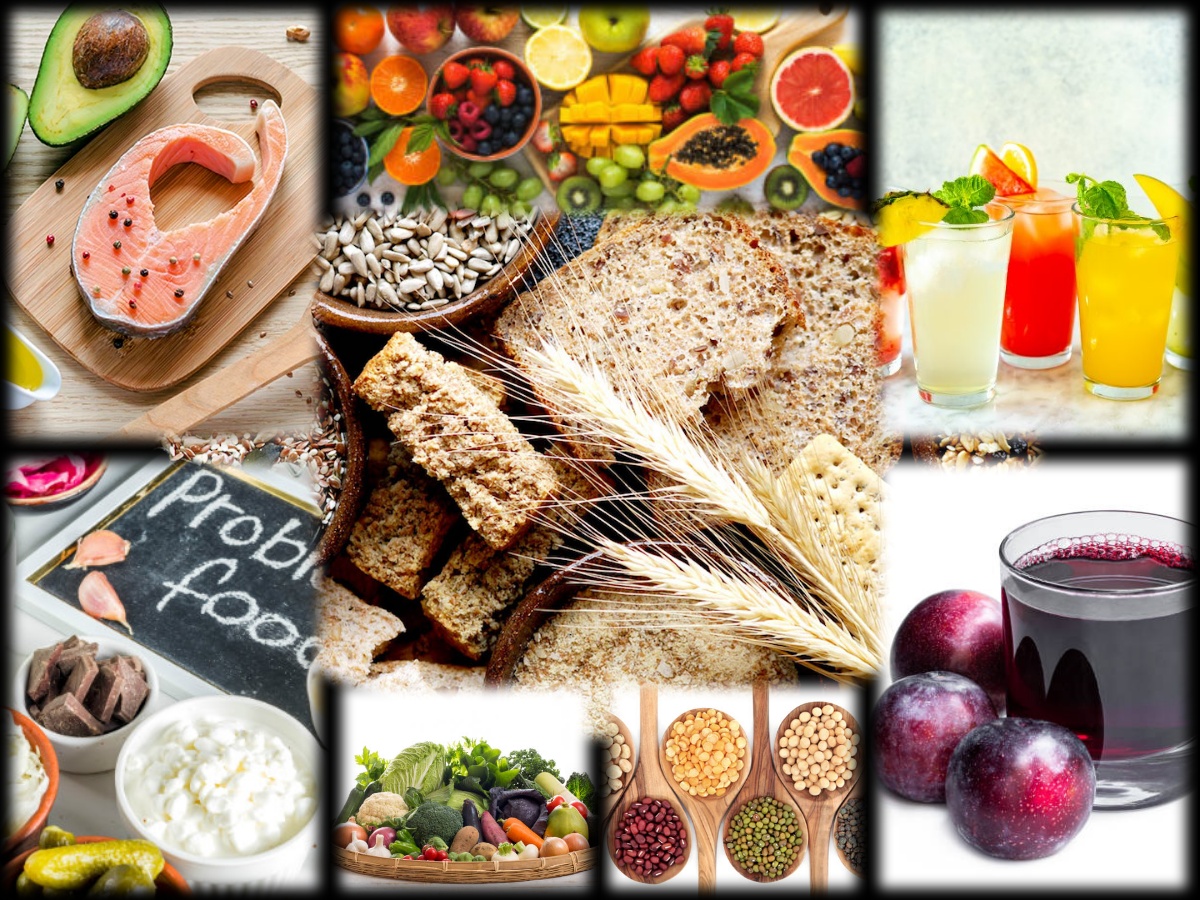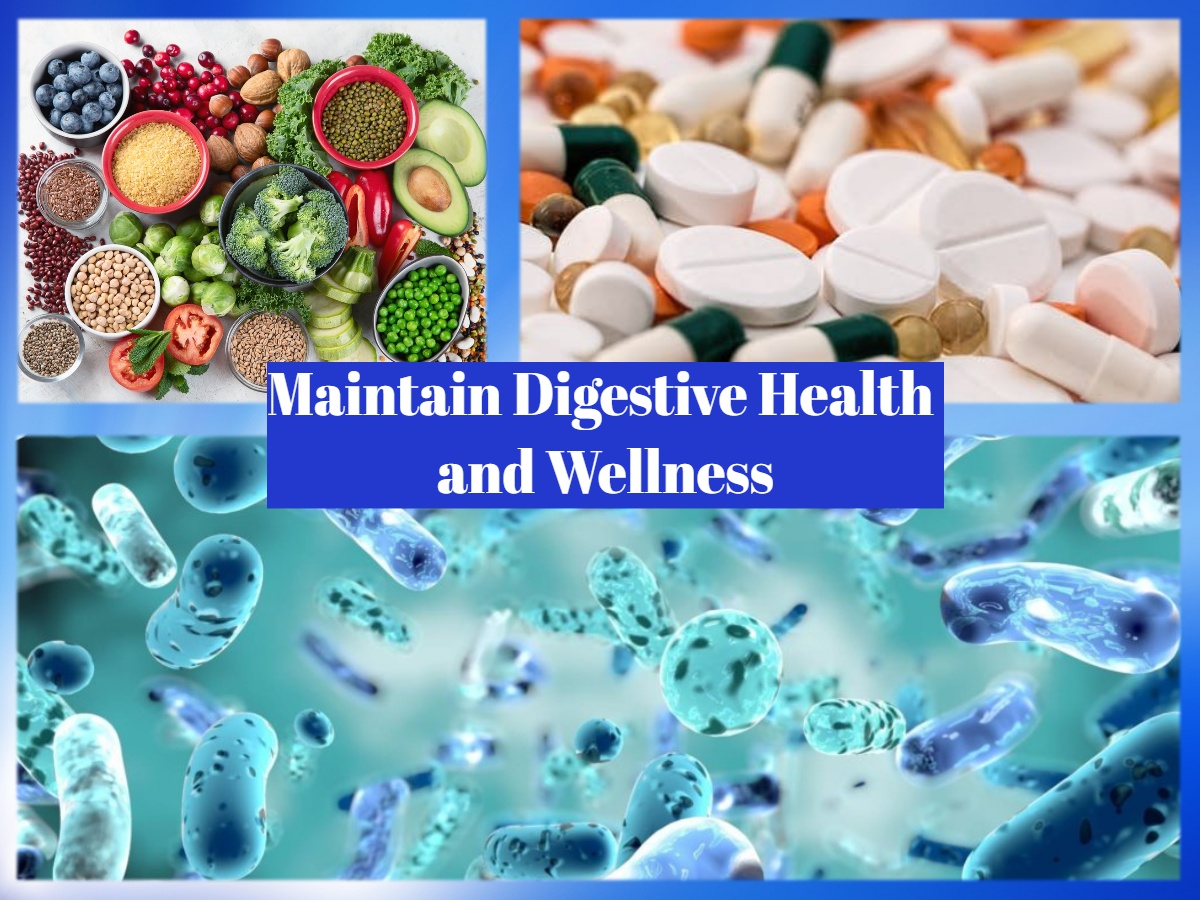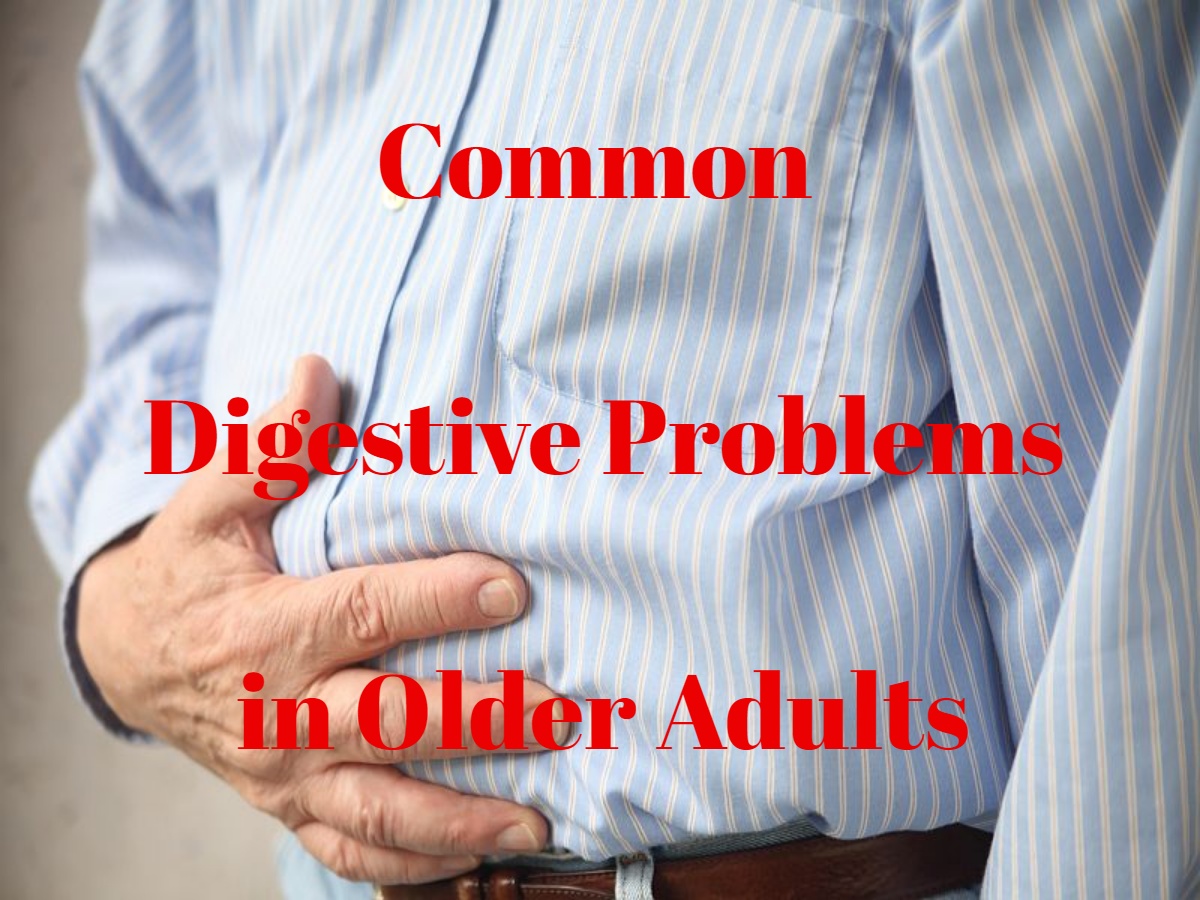Explore essential insights into “Constipation: A Modern Guide to an Age-Old Problem,” offering a comprehensive understanding of its causes, prevention, and innovative treatments.
Table of Contents
Introduction
Constipation, a topic often whispered about but seldom discussed openly, is a common yet misunderstood condition affecting millions worldwide. Its impacts on daily life can range from mildly inconvenient to severely debilitating, influencing not just physical health but also mental wellbeing. This article aims to demystify constipation by providing a modern guide to this age-old problem, drawing upon the latest research, expert opinions, and practical advice to offer relief and understanding.
Understanding Constipation: More Than Just a Temporary Setback
Constipation is more than a minor inconvenience; it’s a symptom of underlying issues that can impact overall health. Characterized by infrequent bowel movements and hard, dry stools, it can result from poor diet, low hydration, lack of physical activity, stress, certain medications, or health conditions. Recognizing symptoms early is key to managing constipation effectively. Simple lifestyle changes like increasing fiber intake, staying hydrated, exercising regularly, and managing stress can significantly improve symptoms and promote digestive health.
The Science of Constipation: A Closer Look at Digestive Health
The science behind constipation involves understanding how the digestive system works and what leads to its disruption. Our digestive tract, a complex system designed to process food, absorb nutrients, and eliminate waste, plays a crucial role in our overall health. Constipation occurs when this efficient system slows down, particularly in the colon, where water is absorbed from waste, forming stool.
In a normally functioning digestive system, muscle contractions in the colon push stool toward the rectum. However, when these contractions are slow or less effective, the colon absorbs too much water, resulting in hard and dry stools that are difficult to pass. Several factors can influence this process:
- Diet: A lack of dietary fiber can hinder stool formation and movement. Fiber helps to bulk up stools and stimulates the colon’s natural contractions.
- Hydration: Insufficient water intake can lead to drier stools, as the body conserves water by extracting more from waste material.
- Physical Activity: Regular exercise encourages the movement of food through the digestive system and can improve the frequency of bowel movements.
- Nerve and Muscle Function: Disorders affecting the nerves and muscles in the digestive system can impair the ability to move stool efficiently.
- Medications and Health Conditions: Certain medications and medical conditions can directly impact bowel movement regularity.
Understanding constipation’s biological underpinnings emphasizes the importance of a holistic approach to digestive health, incorporating diet, exercise, and proper hydration into daily routines to maintain regular bowel movements and prevent constipation.
Identifying Constipation: Recognizing the Signs Early
Identifying constipation early involves being aware of its signs and symptoms, which extend beyond infrequent bowel movements. Recognizing these symptoms can lead to timely interventions, improving comfort and preventing complications. Key signs include:
- Infrequent Bowel Movements: Less than three times a week is a common threshold for constipation.
- Hard, Dry Stools: Difficulty passing stools, which may be lumpy or hard.
- Straining: Experiencing difficulty or discomfort during bowel movements.
- Feeling of Incompleteness: The sensation that not all stool has been passed.
- Bloating and Abdominal Pain: Discomfort or pain in the abdomen, often accompanied by a feeling of fullness.
- Decreased Appetite: Due to the discomfort and bloating associated with constipation.
Early recognition and understanding of these symptoms are crucial for effectively managing constipation, preventing its recurrence, and maintaining overall digestive health.
Dietary Solutions: Nature’s Way of Easing Constipation
Diet plays a pivotal role in preventing and managing constipation, with nature providing many solutions to ease this condition. Incorporating specific types of foods into your diet can significantly improve bowel regularity and stool consistency. Here are key dietary changes to consider:
- High-Fiber Foods: Fiber adds bulk to the stool, stimulating the intestines to contract and move waste along. Good sources include fruits (like berries, apples, and pears), vegetables (such as broccoli, carrots, and leafy greens), whole grains (like oats and whole wheat), legumes (beans, lentils, chickpeas), and nuts and seeds.
- Hydration: Drinking enough water is essential for softening stools and facilitating their passage through the digestive tract. Aim for at least 8 glasses of water a day, or more if you’re active or live in a hot climate.
- Prunes and Prune Juice: Prunes are particularly effective for constipation relief due to their high fiber content and the presence of sorbitol, a natural laxative.
- Probiotic Foods: Probiotics help balance the gut microbiome, which can improve digestion and regularity. Yogurt, kefir, sauerkraut, kimchi, and kombucha are excellent sources.
- Healthy Fats: Incorporating healthy fats like olive oil, avocados, and nuts can lubricate the intestines and make bowel movements easier.
- Limiting Low-Fiber Foods: Reducing intake of low-fiber and processed foods, such as meat, dairy, and sweets, can also help prevent constipation.
Remember, increasing fiber intake should be done gradually to allow your digestive system to adjust, and it’s essential to pair it with increased water consumption to avoid gas and bloating.
Lifestyle Changes for Lasting Relief
Making lifestyle changes can provide lasting relief from constipation and enhance overall digestive health. These adjustments go beyond diet to include physical activity and stress management. Here are key lifestyle modifications to consider:
- Increase Physical Activity: Regular exercise helps stimulate intestinal activity, which can promote more frequent bowel movements. Even gentle activities like walking, yoga, or swimming can make a significant difference.
- Establish a Routine: Try to use the bathroom at the same time each day, especially after meals, to take advantage of the body’s natural rhythms. This can help train your digestive system to have more regular bowel movements.
- Stay Hydrated: Drinking plenty of fluids, especially water, helps soften stool and supports healthy digestion. Aim for at least 8 glasses a day, or more if you’re active or in a hot climate.
- Manage Stress: Chronic stress can negatively affect your digestive system, leading to constipation. Techniques such as meditation, deep breathing exercises, and regular physical activity can help reduce stress levels.
- Limit Use of Laxatives: While they can provide temporary relief, overuse of laxatives can worsen constipation over time. They should be used sparingly and preferably under the guidance of a healthcare professional.
- Listen to Your Body: Don’t ignore the urge to go. Delaying bowel movements can lead to harder stools and may exacerbate constipation.
Implementing these lifestyle changes can significantly improve constipation symptoms and contribute to a healthier, more balanced digestive system.
Innovations in Constipation Management: Looking Toward the Future
The future of constipation management is promising, with ongoing research and innovations focusing on more effective, comfortable, and convenient treatment options. Here’s a glimpse into what’s on the horizon:
- New Medications: Researchers are developing drugs that target specific pathways in the digestive system to enhance gut motility, making it easier to pass stools without the side effects associated with some current treatments.
- Probiotics and Microbiome Therapy: Advancements in understanding the gut microbiome are leading to the development of targeted probiotics designed to restore balance to gut bacteria, improving digestion and alleviating constipation.
- Biofeedback Therapy: This technique, which trains patients to control bodily processes that are typically involuntary, such as muscle contraction, is becoming more refined. It’s particularly useful for patients with constipation caused by pelvic floor dysfunction.
- Transanal Irrigation (TAI): A technique that involves the introduction of water into the colon via the rectum to stimulate bowel movement. Devices for TAI are becoming more sophisticated, offering a non-pharmacological option for managing constipation, especially in cases of neurogenic bowel dysfunction.
- Dietary Supplements: Research continues into natural and synthetic compounds that can aid digestion or act as gentle, natural laxatives, offering alternatives to traditional medication.
- Wearable Technology: Devices that monitor gut health and digestive activity are in development. These technologies aim to provide individuals with real-time insights into their digestive patterns, enabling more personalized management strategies.
These innovations, alongside a growing understanding of digestive health, are paving the way for more effective constipation management strategies, tailored to individual needs and preferences, ensuring that future treatments are not only effective but also enhance the quality of life.
Living with Chronic Constipation: A Balanced Approach
Living with chronic constipation requires a balanced, comprehensive approach that combines dietary adjustments, lifestyle changes, and, when necessary, medical intervention. Here are strategies for managing chronic constipation effectively:
- Dietary Modifications: Consistently eat high-fiber foods, such as fruits, vegetables, whole grains, and legumes. These foods help increase stool bulk and soften it, making bowel movements easier. Also, stay hydrated by drinking plenty of water throughout the day.
- Regular Exercise: Physical activity can stimulate the muscles in the intestines, helping to move stool through more efficiently. Aim for at least 30 minutes of moderate exercise, such as walking or cycling, most days of the week.
- Routine and Relaxation: Establish a regular bathroom routine, particularly trying to use the bathroom at the same time each day, to help train your body for regular bowel movements. Additionally, find ways to relax and reduce stress, as stress can exacerbate constipation. Techniques like yoga, meditation, or deep breathing exercises can be beneficial.
- Medication Management: If lifestyle and dietary changes aren’t enough, speak with a healthcare provider about medications or supplements that may help. Laxatives should be used cautiously and under medical supervision to avoid dependency.
- Stay Informed: Keep abreast of new treatments and interventions. The field of gastrointestinal health is evolving, with new research and treatments emerging that may offer relief for chronic constipation.
- Seek Support: Living with chronic constipation can be challenging, both physically and emotionally. Consider joining a support group or seeking counseling to discuss your experiences and learn coping strategies from others facing similar challenges.
- Professional Guidance: Regularly consult with healthcare professionals to monitor your condition and adjust your treatment plan as needed. They can offer personalized advice and support tailored to your specific needs.
Managing chronic constipation effectively requires patience, persistence, and a proactive approach to health and well-being. By adopting these strategies, individuals can improve their quality of life and find relief from the symptoms of chronic constipation.
Constipation: A Modern Guide to an Age-Old Problem
Key Strategies for Managing Constipation
- Dietary Changes: Incorporating a high-fiber diet with plenty of fruits, vegetables, whole grains, and legumes can significantly improve bowel regularity. Fiber helps increase stool bulk and softens it, aiding in easier passage.
- Hydration: Drinking sufficient water daily is essential for softening stools and promoting healthy bowel movements. It assists fiber in functioning effectively, reducing the risk of constipation.
- Physical Activity: Regular exercise stimulates the muscles in the intestines, helping to move stools through the digestive system more efficiently.
- Routine: Establishing a regular bathroom schedule can help encourage more consistent bowel movements. Listening to your body’s natural urges to go is also vital.
- Stress Management: Since stress can impact digestive health, finding ways to manage stress through activities like yoga, meditation, or exercise is beneficial.
- Medical and Supplemental Interventions: For some, over-the-counter or prescription medications may be necessary. Supplements such as probiotics or magnesium can also support digestive health.
Looking Toward the Future
Innovations in the management of constipation include ongoing research into gastrointestinal health, the development of new dietary supplements, and advances in medication. The future promises more targeted treatments that address the underlying causes of constipation, with an emphasis on individualized care plans.
FAQs
- What are the first steps to take when experiencing constipation?
- Can constipation be a sign of a more serious condition?
- How does fiber help with constipation, and what are the best sources?
- Are there any risks associated with over-the-counter laxatives?
- How can stress contribute to constipation, and what can be done about it?
- What role does exercise play in preventing constipation?
Conclusion
“Constipation: A Modern Guide to an Age-Old Problem” is more than a health issue; it’s a call to pay closer attention to our bodies and the signals they send us. By understanding the underlying causes, recognizing symptoms early, and applying a combination of dietary, lifestyle, and medical strategies, we can manage constipation effectively. Let this guide be your starting point towards a healthier, more comfortable life.










